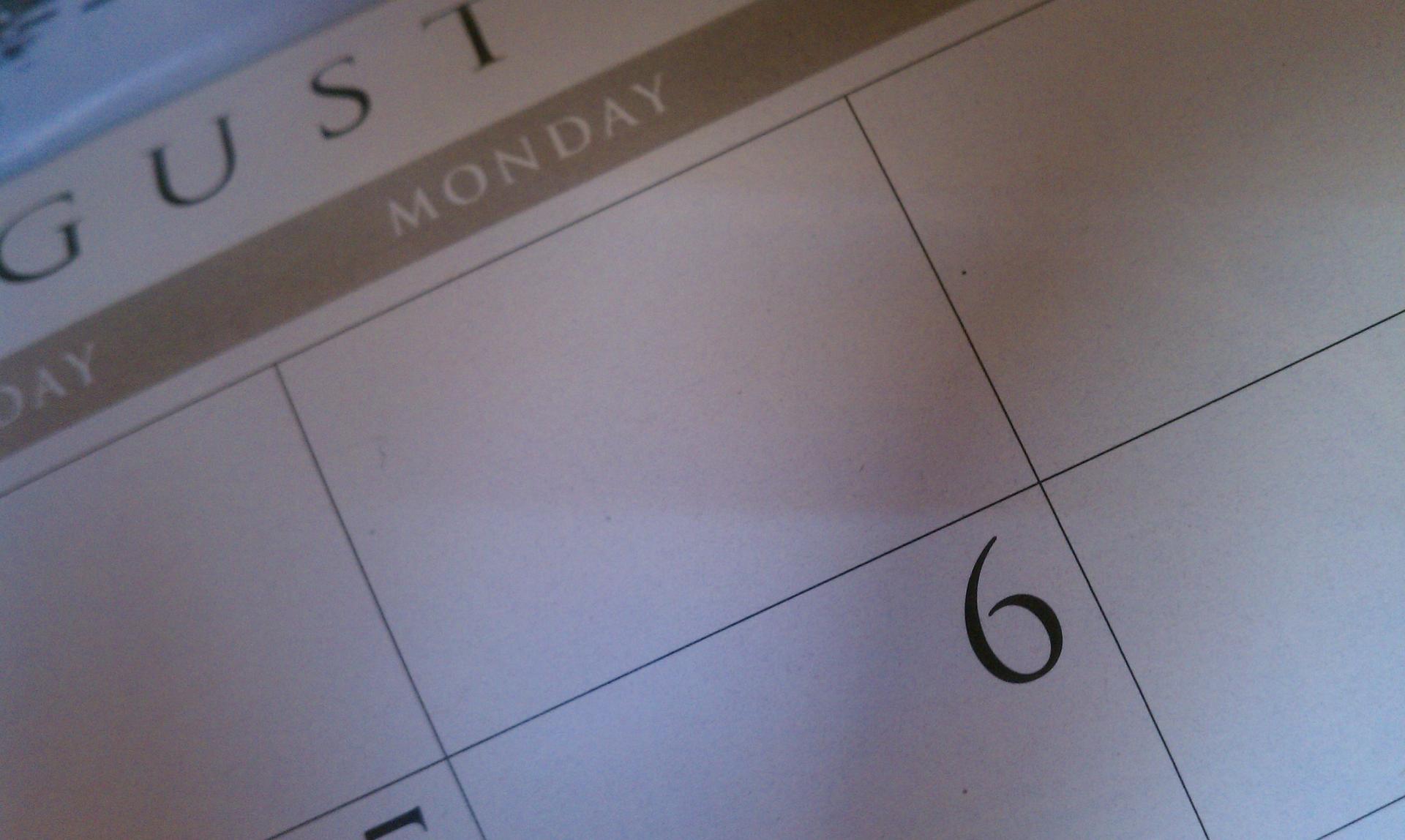Racial slur hurled at Boston Red Sox player brings to light disguised racism
Monday, the seemingly normal first day of the work week, has taken on a decidedly racist connotation in some circles.
Of all the racial and ethnic slurs that are hurled at minorities, perhaps none makes less sense than Monday.
Yes, Monday. Carl Crawford, a well-known Boston Red Sox player, complained after an off-duty Leominster police officer called him a Monday. After an investigation, the Leominster mayor fired the police officer and in so doing confirmed that, yes, Monday is a racial slur, a stand-in for the n-word.
But that’s left many confused. How could a day of the week — a word that’s used about as often as any noun in the English language — be wound up with one of the more racist words in the English language.
Ben Zimmer, the language columnist for the Boston Globe, says it dates back as far as 2006, at least, according to research done, particularly looking at the online Urban Dictionary, which catalogues slang of all kinds.
“A third definition offers an explanation of ‘Monday’ as an insult, though no hint of why it would be connected to race: ‘Everybody hates Mondays,’ the contributor writes,” Zimmer wrote for the Boston Globe.
Zimmer said there’s evidence the word first emerged as far back as 2004, and it’s been linked to the Boston area by some, and to the east coast generally by others.
Comedian Russell Peters, a Canadian of Indian descent, first brought real attention to Monday’s new racial connotation, and has incorporated it into his comedy routines.
“I was in Boston last week,” he said on Def Comedy Jam in 2008, “and I was talking to this white dude. This is what I mean about white people getting really clever about their … racism.”
“He goes, ‘you’re living out there in L.A. now, right.’ I go yeah. He goes ‘what are you doing out there. You doing any … TV or anything like that,'” Peters said. “I go, ‘actually, yeah, I’m doing Def Jam.’ (And he says) ‘oh really, isn’t that for the Mondays?'”
When Peters asked the man why he and others called black people “Mondays,” Peters said the man told him it’s because “nobody likes Monday.”
Peters clip was circulated widely on YouTube.
But Monday isn’t the only seemingly innocuous word that’s been co-opted among certain circles of racists.
For example, Zimmer says, in restaurants, black people are often referred to as Canadians in restaurants.
“The explanation given for that,” Zimmer said, ” is that Canadians have a reputation for being bad tippers. As do black people, according to the stereotypes white restaurant servers have.”
Using a codeword, then, allows white waiters to hide, or even deny, their own racism.
Other terms used include cousins and actually, sometimes, calling black people “white people.” It’s all part of developing a code of hidden insults to hide the true meaning of what you’re saying, Zimmer said.
But black Americans aren’t the only ones being hit with coded racism. Jews have long faced veiled racist comments. One particular example is calling Jews “eskimos” — a takeoff on a previous racist name for Jews, Isaac Moses.
Isaac Moses, of course, sounds a lot like eskimo.
